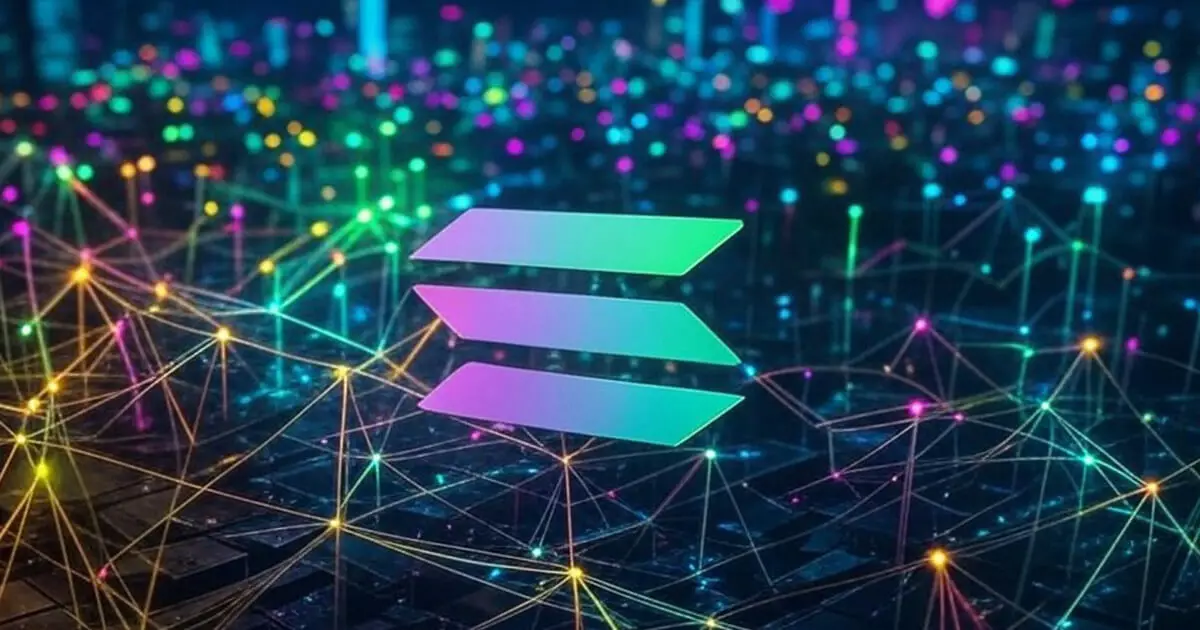In a recent announcement, Coinbase CEO Brian Armstrong addressed the significant user dissatisfaction stemming from delays in Solana transactions on the platform. As the cryptocurrency market experiences continual fluctuations, delays—especially during high trading volumes—can severely undermine user trust and satisfaction. Armstrong took to social media to inform users that the backlog of Solana transactions has been effectively managed, enabling resumed normal operations. The urgency of this announcement was underscored by the increasing frustration voiced by users impacted by these delays, which occasionally saw transactions hanging for hours, leading to a potential loss of financial opportunity.
Armstrong acknowledged the issues not only as mere inconveniences but as indicators of a pressing need for Coinbase to improve its infrastructural capabilities. The CEO emphasized that the exchange’s efficiency in processing transactions must match the growing demands of the Solana ecosystem, particularly given the recent surge in decentralized finance (DeFi) activities. This acknowledgment reflects a recognition that for Coinbase to remain a competitive exchange, it must bolster its systems to adequately support users engaged in trading memecoins and other assets that have gained popularity within the Solana network.
Highlighted in Armstrong’s message was the imperative for Coinbase to prioritize Solana’s support alongside top-tier cryptocurrencies like Bitcoin and Ethereum. This commitment is essential for rebuilding the trust that has been eroded due to previous transaction delays. Solana’s reputation for fast transaction speeds contrasts sharply with the operational difficulties users have encountered on Coinbase. While Armstrong insists that the increased trading volume during events like the popularity of Trump-themed memecoins is a signal of growth, it simultaneously poses challenges that can lead to operational bottlenecks.
The reality is that such systemic challenges are not uncommon in the cryptocurrency space, particularly for platforms that strive to accommodate rapid changes and spikes in market activity. Coins like Solana have previously faced issues that led to transaction delays of up to 45 minutes, with some users reporting wait times exceeding 21 hours. These lapses raise questions regarding Coinbase’s readiness to handle peak trading times. To combat these ongoing issues, Armstrong’s announcement included future plans focused on enhancing the exchange’s infrastructure. This proactive stance is crucial for maintaining a robust platform capable of handling increased volume without system strain.
While there have been notable challenges associated with Solana transactions on Coinbase, Armstrong’s recent updates signal a positive direction for the exchange. The pledge to elevate support for Solana and ensure operational efficiency during high-demand periods might not only enhance user experience but also solidify Coinbase’s market position. As the cryptocurrency ecosystem continues to evolve, the focus on reliable and efficient transaction processing will be critical for all platforms aiming for success in this dynamic and rapidly shifting landscape.

